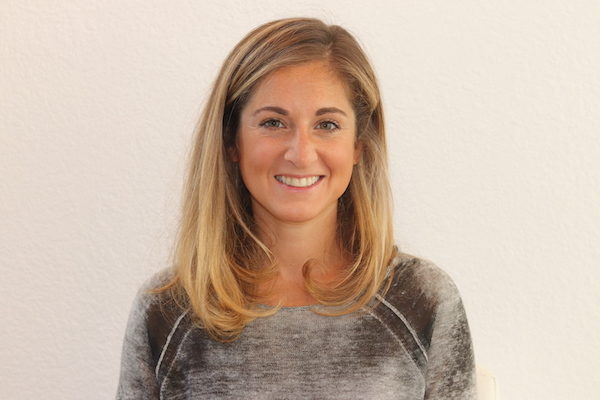talkhealth meets... Dr Romi Ran

Everyone's relationship with food is different, but sometimes it can become a health issue - leaving those facing challenges with a range of diagnosis. From anorexia to binge eating, disordered eating is incredibly debilitating.
That's why, doctors like Dr Romi Ran have honed their skills to support people facing eating issues. Here, Romi answers our questions, and shares her expertise in an Expert Interview...
You studied Clinical Psychology at Oxford, what made you specialise in people's relationships with food?
Even as a young person, I was always curious about why people act the way they do, especially when different outcomes occur despite people facing similar situations. I remember being fascinated by how someone who had body dissatisfaction would result in an extreme case of anorexia, or how others could make themselves sick after eating. This was how I started to get me more interested in Clinical Eating Disorders
But all that completely changed one day due to a seemingly insignificant event. I was working at the psychology lab at Harvard University in Boston at the time. One day after work a friend and I walked home, we passed an ice cream store and she asked to go in. She then ordered a big family sized tub, took a couple of small spoonfuls, and then put it away. I was surprised and asked, "That's it?" She replied, "Yeah, I eat what I want and stop when I've had enough." It was a simple comment, but it changed everything for me.
You are developing your knowledge in meditative practice, how does your ‘more science-based' education correlate with these more holistic approaches?
What many people may not realise is that various Eastern philosophies and traditions offer extensive insights into understanding the mind and human behaviour and actually forms the basis of much psychological development and ideas.
For example, the entire premise of Buddhist teachings revolves around the end of suffering, which of course is the ultimate goal of psychological therapy.
It’s important that caution is taken when referring to 'holistic approaches.' We should avoid grouping various modalities into one category and assuming the same level of efficacy. If something consistently works from generation to generation, there can be confidence that it is effective.
How have people's approaches to dieting and weight changed throughout your career?
In many ways, certain aspects remain unchanged. People still tend to base their self worth and value on their weight, shape, and size; they try to conform to external and societal beauty standards and they seek advice on eating from external sources, rather than listening to their own body's.
That said, I have seen that nowadays, fewer individuals follow specific diets like Atkins, low fat, keto etc - instead, many try to adhere to broadly defined 'healthy eating' standards. Unfortunately, what people are unaware of is that the diet industry has sadly repackaged their traditional diet approaches as new 'healthy eating' fads; promoting the illusion of healthiness while perpetuating disordered eating behaviours and body image difficulties
What are the biggest challenges facing people when it comes to body image in modern society?
Definitely social media. People are bombarded with unrealistic and often highly edited images which they compare themselves to. Also non surgical and surgical cosmetic procedures have become more mainstream, which also fosters negative comparisons and image dissatisfaction.
Why is a message of nourishment key for better relationships with food?
Nourishment is all about compassion. It comes from a place of love and feeling worthy or good enough. This is in contrast to dieting, restricting or wanting to change one's body - which is driven by fear and thinking you are not good enough as you are so you need to change.
What do you, yourself, get out of supporting people with disordered eating and other mental health challenges?
My perspective on my work has evolved over the years. Initially, I thought I was the one teaching others, but experience has shown me that it's a reciprocal process. Through supporting others, I've experienced substantial personal growth, gained valuable insights, and continually refined both my professional and personal approach.
We are giving away a free copy of Dr Romi Ran's new book 'Bite Sized Peace', you can enter the competition here.
Information contained in this Articles page has been written by talkhealth based on available medical evidence. The content however should never be considered a substitute for medical advice. You should always seek medical advice before changing your treatment routine. talkhealth does not endorse any specific products, brands or treatments.
Information written by the talkhealth team
Last revised: 25 January 2024
Next review: 25 January 2027
